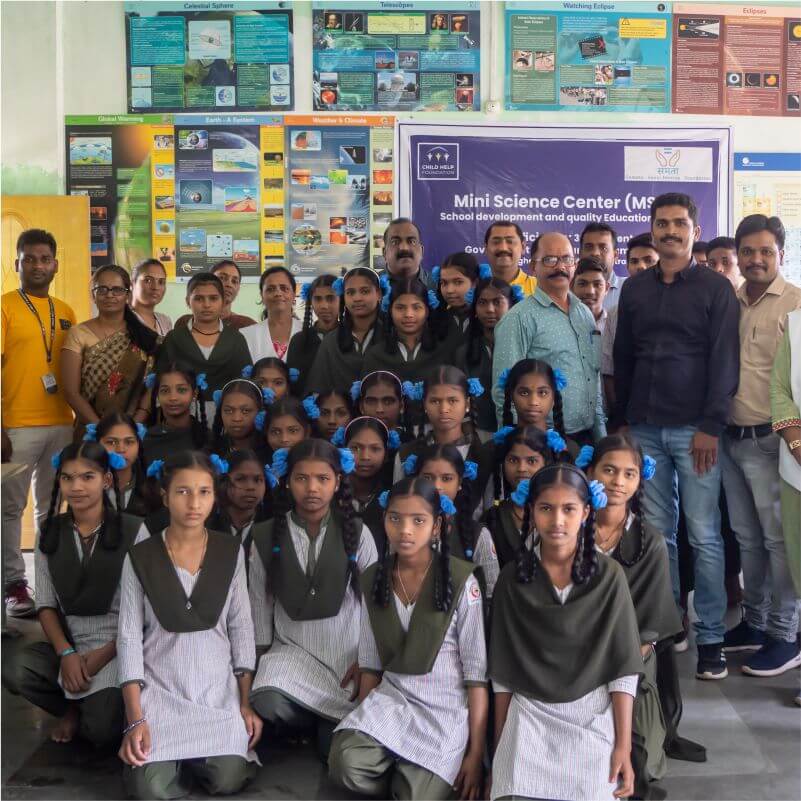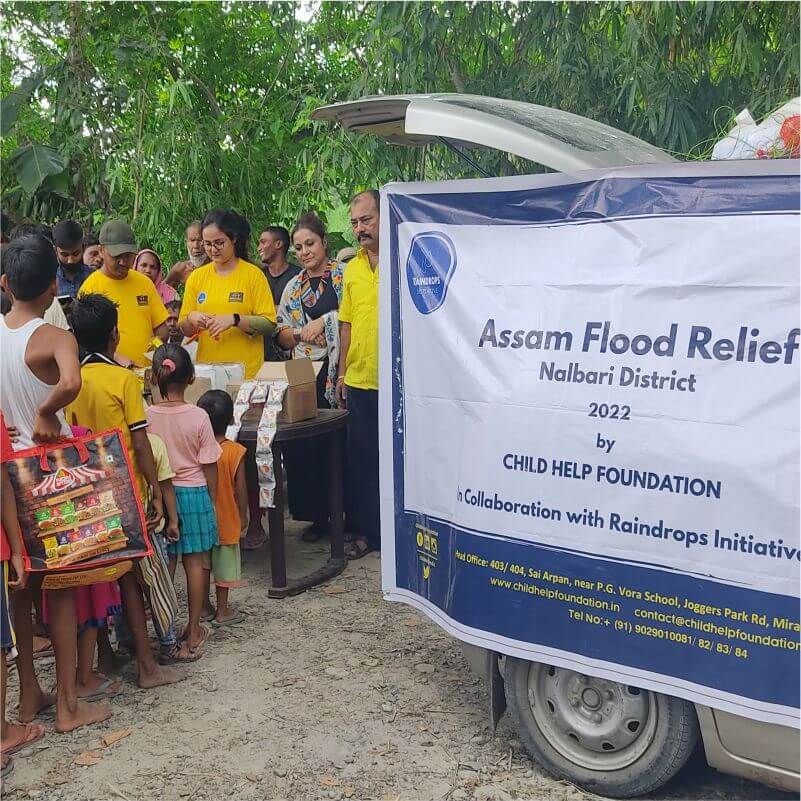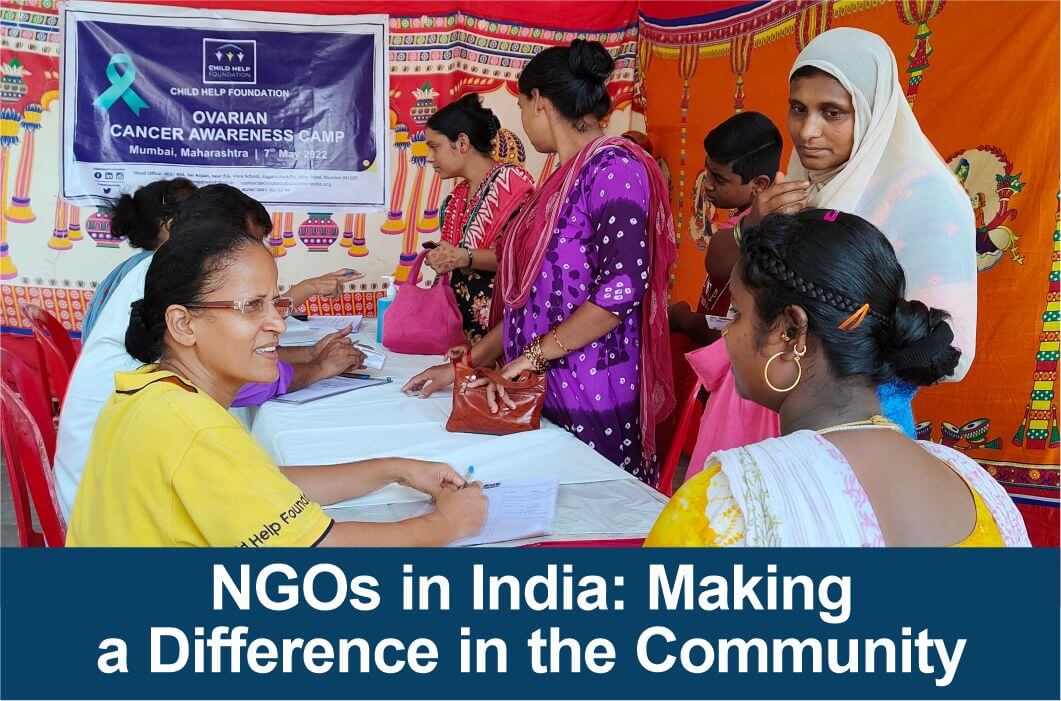NGOs, or non-governmental organizations, play a crucial role in addressing the social, economic, and political challenges facing India. They work towards promoting development and improving the lives of underprivileged communities.
India has a long history of active NGOs that date back to the colonial era. Over the years, their numbers have grown exponentially, with an estimated 3.3 million NGOs operating in the country as of 2021. These organizations operate in a variety of sectors, including education, healthcare, environment, and human rights.
In this blog, we will take a closer look at the significance of NGOs in India and the impact they have on different sectors.
Role in Empowering the UnderprivilegedOne of the key areas where NGOs in India make a significant impact is in empowering the underprivileged sections of society. These organizations work towards providing education, healthcare, livelihood, and other basic necessities to people who are struggling to make ends meet. They also help in promoting gender equality and women’s empowerment by providing vocational training, and financial support, and creating awareness about their rights.

Addressing Environmental Concerns
Another important area where NGOs in India have a significant impact is in addressing environmental concerns. With rapid industrialization and urbanization, India is facing numerous environmental challenges such as air and water pollution, deforestation, and wildlife extinction.
NGOs in India work towards creating awareness about these issues and taking steps to mitigate their effects. They also work towards preserving the country’s rich natural heritage and promoting sustainable development practices.
Fighting against CorruptionCorruption is a major concern in India and it affects the lives of people in various ways. NGOs in India work towards promoting transparency and accountability in the system and also fight against corruption by creating awareness and advocating for stronger anti-corruption measures.
One of the most significant contributions of NGOs in India has been in the area of education. Many NGOs have taken up the task of providing basic education to children in rural and urban slums. They have also been instrumental in promoting literacy and vocational training programs for women and marginalized communities.
In the healthcare sector, NGOs have been working to provide essential medical services to remote and under-served communities. They have also been actively involved in creating awareness about various health issues and running campaigns to prevent the spread of diseases.
NGOs in India are also playing a crucial role in protecting the environment. They are working to conserve natural resources and wildlife, reduce pollution levels, and promote sustainable development. They are also actively involved in mitigating the effects of climate change and promoting renewable energy sources.
Human rights is another area where NGOs in India have been making a significant impact. They have been working towards promoting equal rights and protection for marginalized communities, such as women, children, and the LGBTQ+ community. They have also been fighting against discrimination and promoting justice and equality.

About Child Help Foundation:
Child Help Foundation, as the name suggests, is a child-centric organization. They work in the best interest of the children and have a pan-India presence.
Their primary focus is on the basics such as education, health, food, and shelter and their approach is holistic and style is hands-on. They are on the ground, where it matters most for the children. They enable both families and communities. They have several grassroots initiatives.
Their vision is to reach out to marginalized children in need, empowering them, bringing smiles, and making them future-ready.
Their mission is to inspire and empower people to the culture of giving into changing the lives of children in need.
In conclusion, NGOs in India have been working tirelessly to address the numerous social, economic, and political challenges facing the country. They have been instrumental in promoting development and improving the lives of underprivileged communities. The contributions of these organizations are essential to the growth and progress of India, and they deserve our support and recognition.
